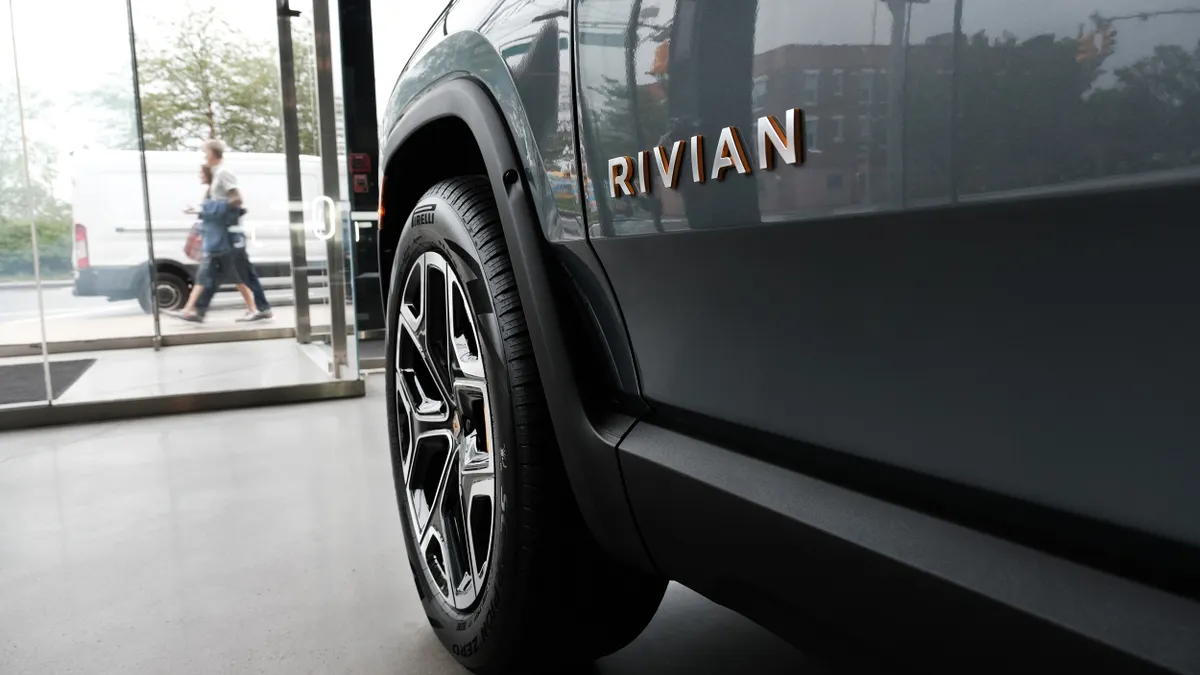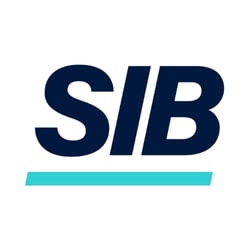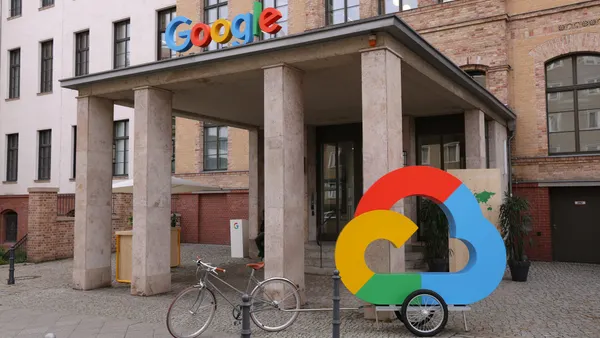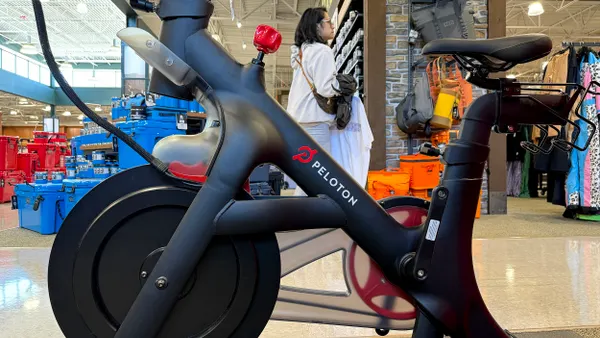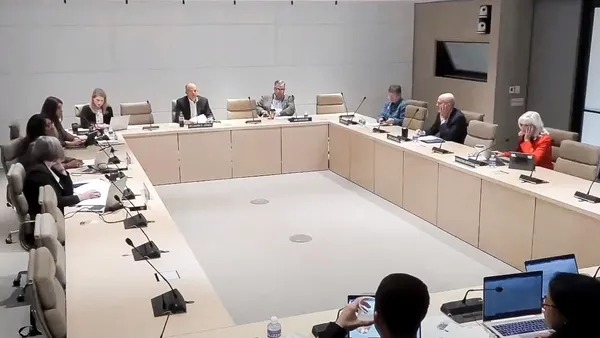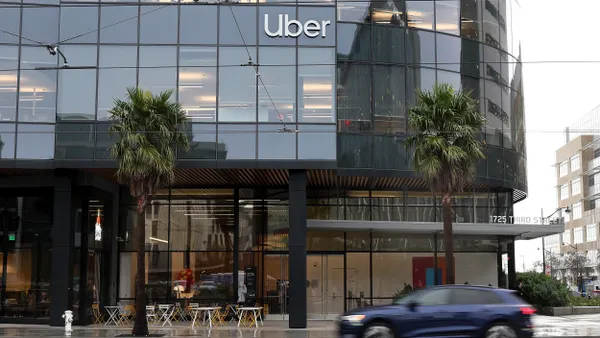Dive Brief:
- Electric vehicle maker Rivian Automotive agreed to pay $250 million to settle a class action lawsuit which alleges it violated federal securities law by making material misstatements related to vehicle pricing following its initial public offering in 2021, the company said in a Thursday press release. Under the terms of the settlement, the EV maker will pay the amount through a combination of directors' and officers' liability insurance, which will total $67 million, as well as cash on hand of $183 million, according to the release.
- The suit, filed on behalf of purchasers of Class A company stock, named several executives, including CEO Robert J. Scaringe and CFO Claire McDonough, as defendants and alleges the Irvine, Calif.-based automaker failed to disclose that the material cost for its RI and RIT vehicles would exceed their sales price. This forced Rivian to raise retail prices for certain vehicles following its public offering, according to the settlement agreement filed with the U.S. District Court for Central California’s western division Thursday. The court has yet to approve the settlement.
- “The company denies the allegations in the suit and maintains that this agreement to settle is not an admission of fault or wrongdoing,” the company said in the release. “However, settling will enable Rivian to focus its resources on the launch of its mass market R2 vehicle in the first half of 2026.”
Dive Insight:
Rivian conducted its IPO on Nov. 10, 2021. It was the largest public offering that year, coming at a time when enthusiasm for EVs was at a high, according to a report from Morningstar at the time. Raising $13.7 billion from investors, the public offering was the seventh largest IPO in U.S. history, according to the initial class action compliant filed in March 2023.
However, “a premise of Rivian’s IPO valuation was its promise of feature-packed EVs at retail prices that were highly competitive with the existing and established competition, including Tesla,” according to the initial compliant, which notes the affordable price points of Rivian vehicles as compared to other brands served as a driver for consumer demand — helping to bolster pre-orders.
In the months leading up to its IPO, Rivian management recognized internally that “this premise was flawed” and that it had “vastly underestimated the cost of the parts needed to build its vehicles,” which outstripped the retail cost of those models, according to the complaint.
Despite knowing that a pricing increase on its vehicles was “necessary for Rivian to ever become profitable,” the company’s IPO prospectus failed to disclose such facts to investors, instead warning that the company “could suffer financial harm if its material costs increased” and if it had to increase R1 retail prices, according to the complaint.
Rivian announced planned pricing increases for certain vehicle preorders in March 2022, citing inflation and supply chain shortages — before rapidly rolling the hikes back after consumer backlash, according to a CNN report at the time.
The settlement agreement announced Thursday comes as Rivian and other automakers in the EV space, including Tesla and General Motors, look to navigate widescale changes in the industry, including rising competition and regulatory shifts.
The ending of a federal tax credit for EV purchases is widely expected to lead to a drop in EV sales, causing many to reevaluate their EV strategies: automaker GM, while seeing record EV sales in September prior to the ending of the credit, has already reported a subsequent slump in October, CFO Dive previously reported.
As it prepares for the anticipated drop in EV sales, Rivian has conducted cost-saving measures including plans to lay off about 600 employees, or 4.5% of its workforce, the Wall Street Journal reported Thursday, citing an internal memo. The layoffs, which come after the company cut 1.5% of staff last month, are occurring as Rivian preps for the launch of its R2 vehicle slated for early 2026, according to the media outlet.
The automaker is banking on higher demand for the R2 model, which is expected to be priced more affordably than other models at around $45,000, according to a company webpage. Rivian is “extremely bullish” on the R2, Scaringe said during the company’s Q2 earnings call in response to analyst questions.
The company does expect its operating costs to increase in the second half of the year as it advances its R2 production, however, McDonough said during the call according to a transcript. For its second quarter ended June 30, Rivian reported operating costs of $908 million, compared to $924 million for the prior year period, according to its earnings release. For its Q2, Rivian reported a net loss of $1.1 billion, with total revenues of $1.3 billion, according to its earnings report.
Rivian is expected to report its third quarter earnings results on Nov. 4. The company did not immediately respond to requests for comment regarding the settlement agreement or layoffs. Kessler, Topaz, Meltzer & Check LLP, attorneys for the settlement plaintiffs, did not immediately respond to requests for comment.



